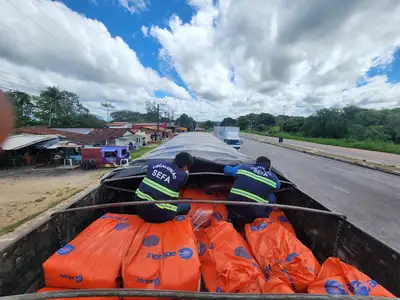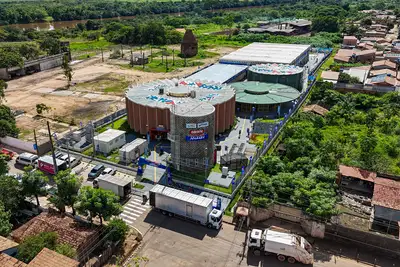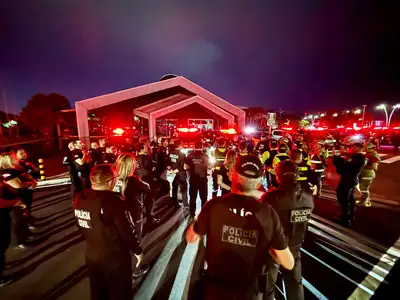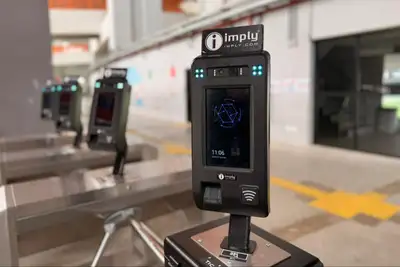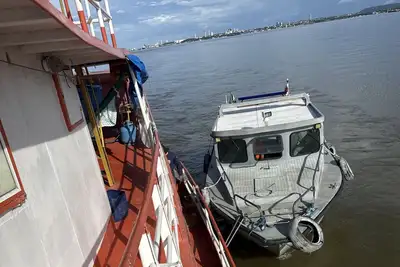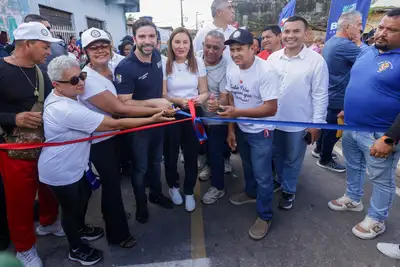Peace Plant Servers Receive Training in Quality Public Service
The program is part of an initiative by the State Governance School
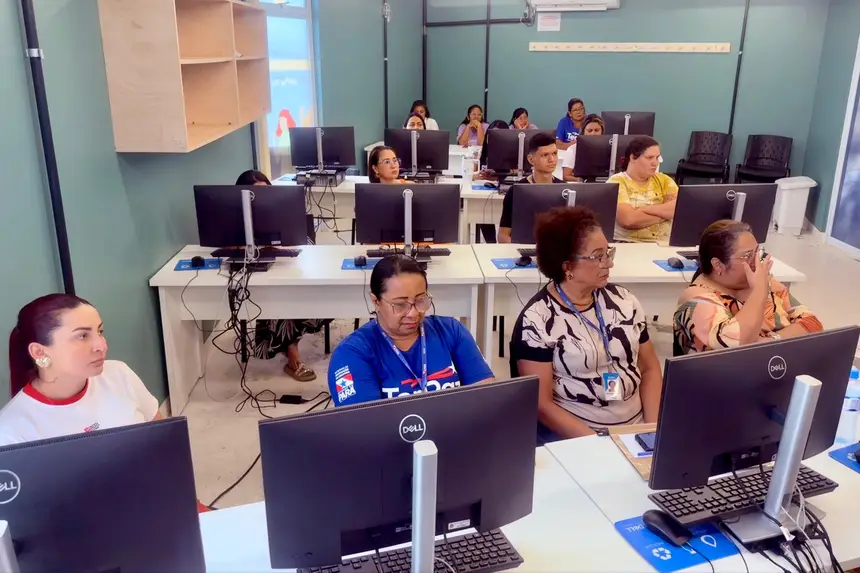
"Quality Public Service: welcoming, understanding, and serving with excellence." This is the theme of the lecture that the Public Governance School of the State of Pará (EGPA) is bringing to the servers of the Peace Plants in Pará. Initially, two units have already received the training: Guamá and Jurunas. This Wednesday (3), it will be the turn of the Peace Plant in Cabanagem. The action aims to train public servers who work directly in these spaces, fostering a culture of excellence in public service and ensuring a humanized and effective service to citizens.
During the training, which lasts four hours and guarantees certification, topics such as "The Importance of Quality Public Service" and "Challenges and Conflict Situations" are discussed. For Lucas Maia, director of the Peace Plant Jurunas/Condor, the training is strategic, as the servers directly serve the population.
"Even though the team has experience over the years, it is always viable to carry out this recycling to seek greater training. I thank the partnership with EGPA for the realization of this training," said Lucas.
"It is an honor for EGPA to be able to participate in this successful project of the State Government, which are the Peace Plants. We managed to contribute with technical training for the servers who are in the various Plants serving the population," explained Hélvio Arruda, general director of EGPA.
New Trainings
Members representing the different Peace Plants in the Intersectoral Technical Chamber (linked to Seac), who are interested in bringing the lecture to their respective units, should contact the Coordination of Development of Competencies and Professional Skills in Public Governance (CDHP) through the EGPA website. The Governance School will be responsible for all the organization of the activity, including the indication and hiring of the instructor, the registration process of the participants, and the other logistical aspects necessary for the realization of the activities.





